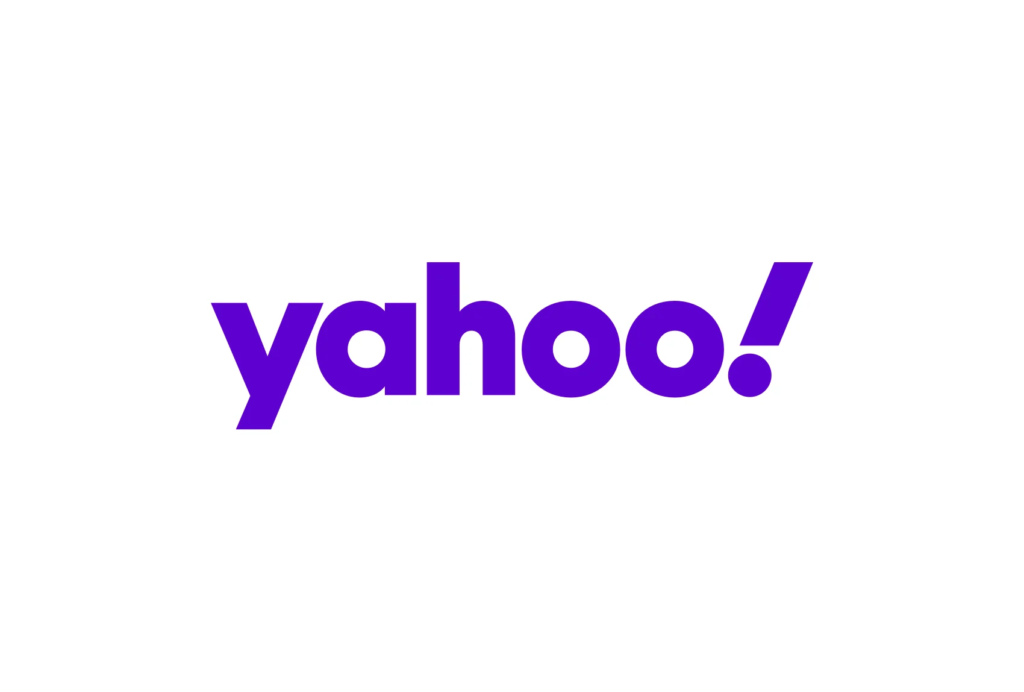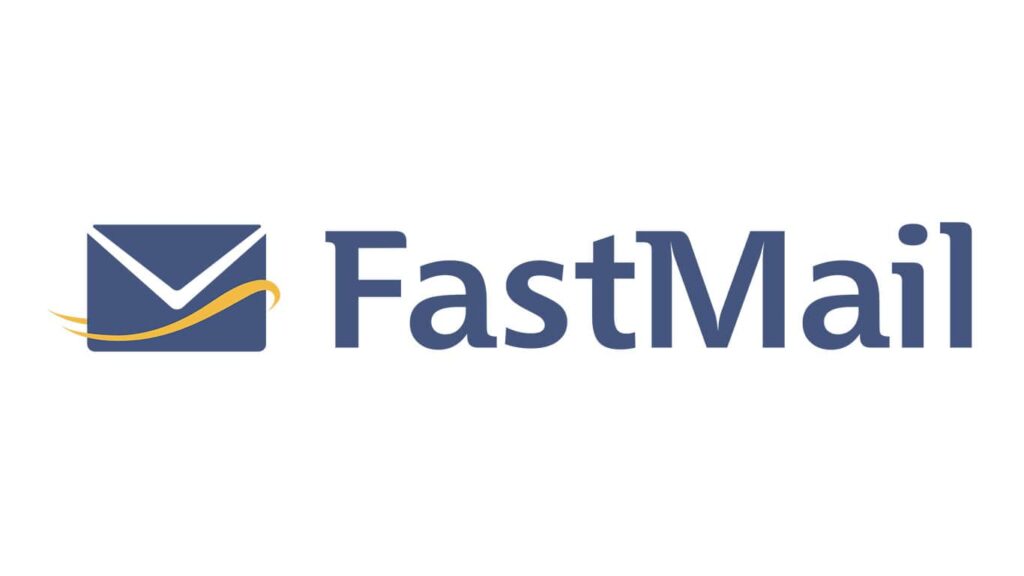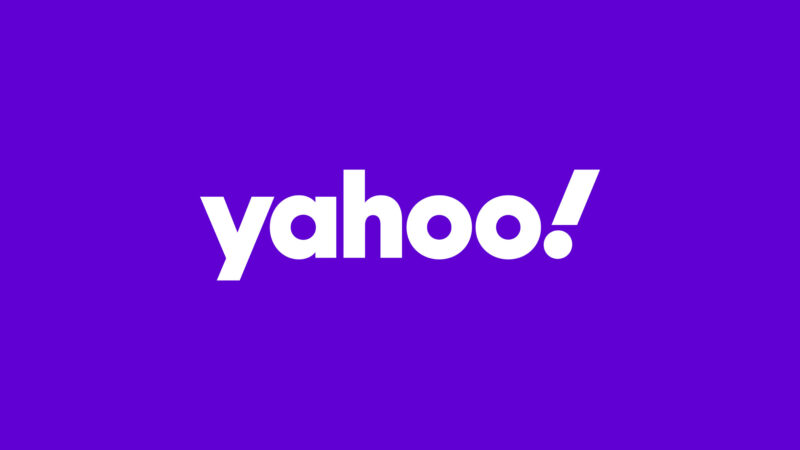When it comes to email services and web portals, Yahoo has been a familiar name for decades. However, as technology evolves and user preferences change, the quest for alternatives becomes essential. In this comprehensive guide, we’ll delve into the features and limitations of Yahoo, explore various alternatives, and discuss crucial factors to consider when choosing the perfect Yahoo alternative.
Understanding Yahoo

Features of Yahoo
Yahoo, with its iconic purple logo, has long been a prominent player in the online landscape. Offering a diverse range of services, Yahoo includes a search engine, news, email, and more. The Yahoo Mail platform has been a popular choice for users seeking a blend of communication and information in one place.
- Diverse Services: Yahoo offers a range of services, including a search engine, news, email, and more, creating a centralized hub for users.
- Iconic Brand: Recognizable by its purple logo, Yahoo has established itself as an iconic brand in the online world.
- Integrated Experience: The Yahoo homepage acts as a gateway to various services, providing users with an integrated and cohesive online experience.
- Entertainment Hub: Beyond email, Yahoo serves as an entertainment hub, offering news, sports, and other content to keep users engaged.
- Communication Hub: Yahoo Mail, a key component, has been a popular choice for users seeking a blend of communication and information in one place.
Limitations of Yahoo
Despite its historical significance, Yahoo does have its limitations. Users often encounter issues with the user interface and find the platform less intuitive compared to modern Yahoo alternatives. Security concerns have also been raised, urging users to explore other options that prioritize privacy.
- User Interface Challenges: Some users encounter difficulties with the user interface, finding it less intuitive compared to modern Yahoo alternatives.
- Security Concerns: Yahoo has faced security concerns over the years, prompting users to explore more secure alternatives.
- Outdated Design: The design of Yahoo’s interface may be perceived as outdated by users accustomed to more modern and streamlined designs.
- Competitive Alternatives: With the emergence of competitive Yahoo alternatives, users are drawn to platforms offering enhanced features and user-friendly experiences.
- Privacy Considerations: In an era of heightened privacy awareness, some users seek alternatives to Yahoo that prioritize robust privacy measures.
What Sets Yahoo Apart
Yahoo stands out for its all-in-one approach, providing a centralized hub for news, communication, and entertainment. The Yahoo homepage serves as a gateway to a variety of services, offering a unique user experience.
Why Look for a Yahoo Alternative

In the ever-changing landscape of digital services, users are driven to explore alternatives to Yahoo for various compelling reasons. Let’s delve deeper into the factors that contribute to the decision to seek a Yahoo alternative:
1. Evolution of User Preferences
As technology evolves at a rapid pace, so do the expectations and preferences of users. The digital ecosystem is dynamic, introducing new interfaces, functionalities, and design paradigms. Users, inherently adaptable, seek Yahoo alternatives that align more closely with contemporary trends, providing a user experience that feels current and intuitive.
2. Desire for Enhanced Features
While Yahoo has a longstanding legacy, users are drawn to alternatives that go beyond the conventional. Whether it’s advanced email management tools, sophisticated search capabilities, or integrated services that cater to various needs, individuals seek platforms that offer a richer feature set. The desire for enhanced functionalities propels users to explore Yahoo alternatives that can better meet their evolving digital requirements.
3. Concerns About Security and Privacy
In an era where digital privacy and security are paramount, users are becoming increasingly conscious of the platforms they entrust with their personal information. Concerns about data breaches and privacy lapses have motivated users to look for Yahoo alternatives that prioritize robust security measures. Platforms that implement end-to-end encryption and stringent privacy policies become attractive options for those seeking a secure digital environment.
4. Customization and Personalization Needs
The one-size-fits-all approach is becoming outdated as users yearn for platforms that offer a more personalized and customizable experience. People want to tailor their online environment according to their unique preferences, whether it’s the layout of their email interface or the content they see on their homepage. Yahoo alternatives that provide greater flexibility and customization options gain favor among users seeking a more tailored and individualized online experience.
Commonly Used Yahoo Alternatives

In the vast and ever-evolving realm of digital services, users seeking Yahoo alternatives are met with a myriad of options, each boasting unique features and functionalities. Let’s embark on a more detailed exploration of the commonly used Yahoo alternatives, unraveling their distinctive attributes:
1. Google (Gmail, Google Search)
Google, a stalwart in the online landscape, provides formidable Yahoo alternatives. Gmail stands out for its sleek and user-friendly interface, coupled with powerful features that streamline email management. Offering an expansive storage capacity, efficient categorization of emails through labels, and seamless integration with other Google services like Google Drive, Gmail transforms the email experience into a centralized hub for communication and collaboration. Meanwhile, Google Search, the undisputed leader in the search engine domain, offers unparalleled accuracy and efficiency. With its sophisticated algorithms, personalized search results, and a vast index of web pages, Google Search emerges as a comprehensive alternative to Yahoo’s search capabilities, catering to users’ diverse information needs.
2. Microsoft (Outlook, Bing)
Microsoft, a tech giant, presents alternatives seamlessly integrated into the digital ecosystem. Outlook emerged as a stalwart email solution, celebrated for its integration with other Microsoft services. Beyond its email capabilities, Outlook integrates seamlessly with Microsoft Office applications, providing users with a unified platform for communication and productivity. Its collaborative features, such as calendar sharing and document collaboration, make it a preferred Yahoo alternative for those seeking an all-in-one solution. Simultaneously, Bing, Microsoft’s search engine, competes directly with Yahoo, delivering comprehensive and relevant search results to users. With features like visual search, local business information, and a rewards program, Bing aims to provide a holistic search experience that rivals Yahoo’s offerings.
3. Apple (iCloud Mail)
For aficionados of the Apple ecosystem, iCloud Mail emerges as a stellar Yahoo alternative. Impeccably integrated with other Apple services, iCloud Mail ensures a harmonized user experience across various devices, reflecting Apple’s commitment to seamless connectivity. iCloud Mail goes beyond simple email management, offering users the ability to store documents, photos, and other files in the iCloud Drive. This integration across the Apple ecosystem, from iPhone to MacBook, provides a fluid and unified experience for users invested in the Apple ecosystem.
4. ProtonMail
Catering to users with a heightened focus on security and privacy, ProtonMail stands out. Renowned for its end-to-end encryption, ProtonMail provides a secure sanctuary for email communication, establishing itself as an ideal choice for those who prioritize data protection and privacy. ProtonMail’s commitment to privacy extends to features like self-destructing emails and anonymous account creation, offering users a level of confidentiality that may surpass Yahoo’s security measures. The service’s emphasis on user anonymity and encrypted communication positions it as a top-tier Yahoo alternative for users who value privacy.
5. Zoho Mail
Addressing the needs of both personal and business users, Zoho Mail goes beyond mere email provision. The Zoho ecosystem encompasses a comprehensive suite of productivity tools, making it a versatile alternative for those in search of an all-encompassing solution that transcends conventional email functionalities. Zoho Mail distinguishes itself with features like task management, document collaboration, and integrated calendar functions. The seamless integration of these tools within the email interface creates a unified digital workspace for users, catering to diverse professional and personal requirements.
6. FastMail
Positioning itself as an independent player in the email service arena, FastMail prioritizes speed and reliability. The service’s straightforward interface and commitment to efficiency offer users a refreshing and uncluttered Yahoo alternative. FastMail’s emphasis on quick email delivery, robust spam filtering, and a minimalist design contribute to a streamlined user experience. While not as feature-rich as some alternatives, its focus on core email functions resonates with users seeking a no-nonsense approach to email communication.
7. Mail.com
Distinguished by its unique offering of a variety of domain options for email addresses, Mail.com provides unparalleled flexibility. Users can tailor their email addresses to align with personal preferences or professional needs, making Mail.com a highly adaptable and user-centric alternative. Beyond its customizable email addresses, Mail.com offers a range of features, including a cloud storage platform and a calendar application. This versatility caters to users seeking a personalized and multifunctional email solution, positioning Mail.com as a dynamic Yahoo alternative.
8. GMX Mail
As a free email service, GMX Mail competes with Yahoo by focusing on simplicity and functionality. Its straightforward approach appeals to users seeking a reliable email experience without unnecessary complexities. GMX Mail boasts features such as antivirus protection, customizable spam filters, and an intuitive interface. The service’s commitment to user-friendly functionality positions it as a straightforward Yahoo alternative, providing essential email services without overwhelming users with unnecessary features.
9. AOL Mail
With its enduring legacy, AOL continues to offer AOL Mail as a trusted alternative for email communication. While evoking a sense of nostalgia, AOL Mail remains a viable option for users seeking a familiar and user-friendly email platform. AOL Mail’s simple interface, coupled with features like unlimited storage and integrated calendar functions, offers users a reliable and straightforward email experience reminiscent of the early days of online communication.
10. Yandex.Mail
Hailing from the Russian internet giant, Yandex, Yandex.Mail provides users with an all-encompassing digital experience. Combining email functionality with other services offered by Yandex, it serves as a comprehensive alternative, catering to users looking for a unified and feature-rich platform. Yandex.Mail distinguishes itself with features like integrated cloud storage, an intuitive interface, and built-in spam protection. The integration of Yandex’s broader services, such as Yandex.Disk for file storage and Yandex.News for personalized news, positions Yandex.Mail as a holistic alternative for users seeking a comprehensive digital ecosystem.
Factors To Consider While Choosing The Perfect Yahoo Alternative

In the dynamic realm of digital services, selecting the ideal alternative to Yahoo necessitates careful consideration of various factors. To guide your decision-making process, here’s an in-depth exploration of crucial factors that should shape your choice:
1. User Interface and Experience
The user interface plays a pivotal role in determining your overall satisfaction with an email service. Consider the intuitiveness, design aesthetics, and ease of navigation of each alternative. A well-crafted user interface enhances your interaction with the platform, ensuring a seamless and enjoyable experience. Look for alternatives that prioritize user-centric design, providing a visually appealing and efficient interface.
2. Security and Privacy
Security is paramount when entrusting a platform with your personal and sensitive information. Evaluate the security measures implemented by each alternative. Look for features such as end-to-end encryption, two-factor authentication, and robust privacy policies. A Yahoo alternative that prioritizes the safeguarding of your data ensures a secure digital environment for your communication and online activities.
3. Integration with Other Services
Consider how well the alternative integrates with other services you regularly use. Seamless integration enhances productivity and simplifies your digital workflow. Assess whether the alternative synchronizes with your preferred calendar, document storage, or collaboration tools. A well-integrated platform ensures a cohesive and streamlined experience across various facets of your digital life.
4. Features and Functionality
Examine the features and functionalities offered by each alternative, focusing on your specific needs and preferences. Whether you prioritize advanced email management tools, collaborative document editing, or additional productivity features, choose an alternative that aligns with your requirements. A feature-rich platform enhances your digital experience, providing tools that cater to both personal and professional needs.
5. Reliability and Speed
Reliability and speed are critical considerations for any digital service. Assess the historical reliability of each alternative, looking for minimal downtime and consistent performance. Additionally, evaluate the speed of the platform, considering factors such as email loading times and responsiveness. A reliable and fast alternative ensures uninterrupted access to your digital communication and information.
6. Customization Options
The ability to customize and personalize your digital environment adds an extra layer of convenience and satisfaction. Evaluate the customization options offered by each alternative, such as theme choices, layout flexibility, and personalized settings. A platform that allows you to tailor your digital space according to your preferences ensures a more personalized and enjoyable user experience.
7. Cross-Platform Compatibility
Consider the cross-platform compatibility of each alternative to ensure a seamless transition between devices. Whether you primarily use a desktop, laptop, tablet, or smartphone, a Yahoo alternative that offers consistent functionality across diverse platforms ensures accessibility and convenience. Look for alternatives with dedicated applications or well-optimized web interfaces for different devices.
8. Community and Support
Explore the community and support resources available for each alternative. A robust community and reliable customer support contribute to a positive user experience. Check for user forums, knowledge bases, and responsive customer support channels. A supportive community and accessible support enhance your ability to troubleshoot issues and navigate the features of the chosen alternative.
9. Cost and Subscription Plans
Consider the cost and subscription plans associated with each alternative. While some alternatives offer free basic services, others may have subscription-based models with premium features. Assess the value proposition of each pricing tier and choose an alternative that aligns with your budget and the features you deem essential. Factor in any potential costs associated with premium services or additional storage.
10. User Reviews and Reputation
Gauge the reputation and user reviews of each alternative within the online community. Insights from other users provide valuable perspectives on the strengths and weaknesses of each platform. Consider user feedback on aspects such as user interface satisfaction, customer support responsiveness, and overall reliability. A well-regarded alternative with positive user reviews is likely to offer a more satisfying user experience.
Conclusion
In the dynamic landscape of online services, exploring alternatives to Yahoo opens up a world of possibilities. Whether you prioritize a feature-rich email experience, enhanced security, or seamless integration with other services, the alternatives listed above cater to diverse needs. By considering factors such as user interface, security, integration, features, and reliability, you can confidently choose the perfect Yahoo alternative that aligns with your preferences and requirements.









